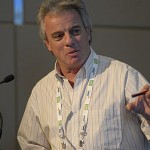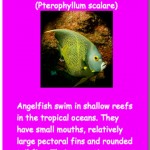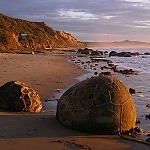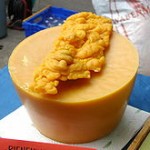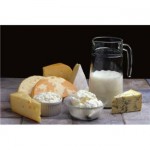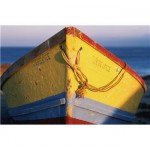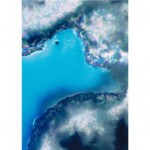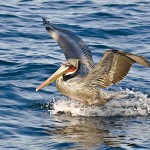
Oily Birds (Good Oil, That is )
This Month, we are Exploring how Oil can help Birds Better Adapt to wet environments. Charles Darwin was a naturalist in the 1800s. He studied many plants and animals and looked at how they adapted to their environments and how they changed or evolved over time. In 1831, he journeyed to the Galapagos Islands, a […]
